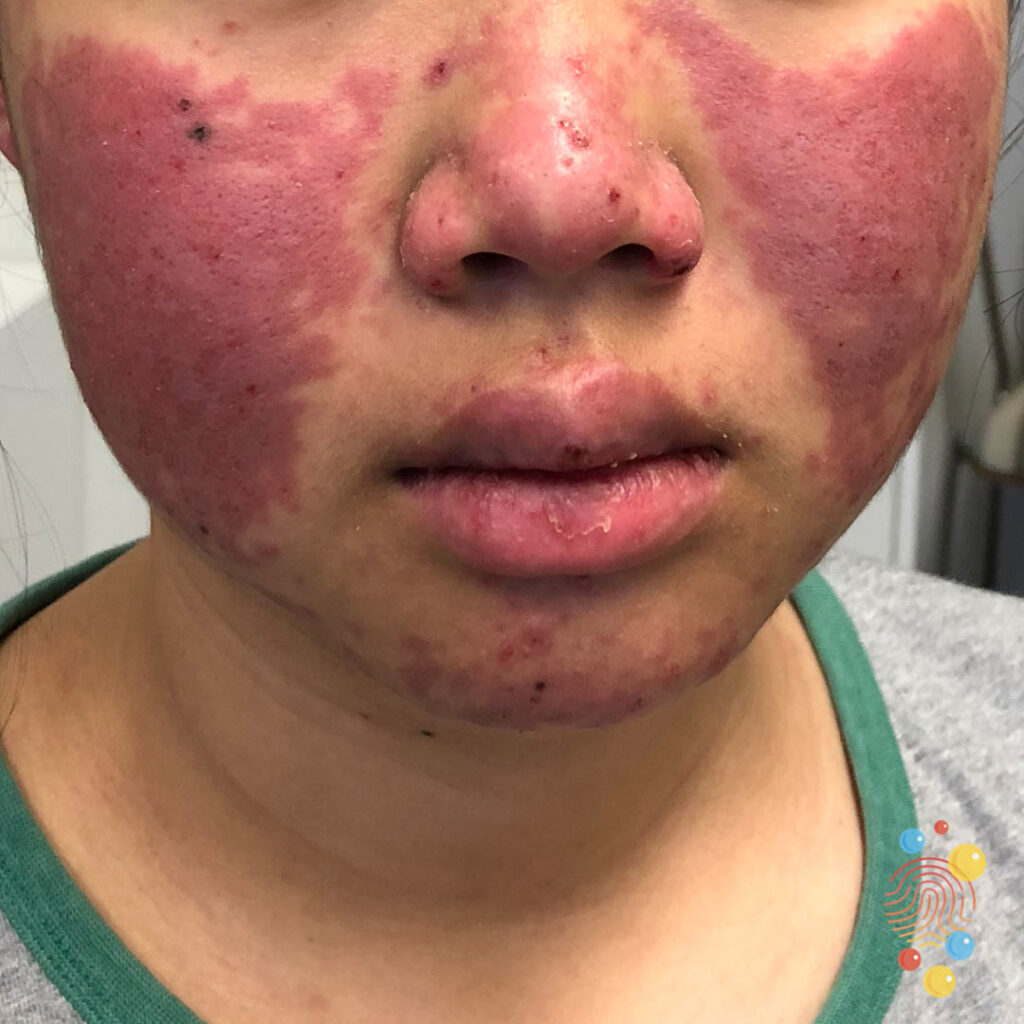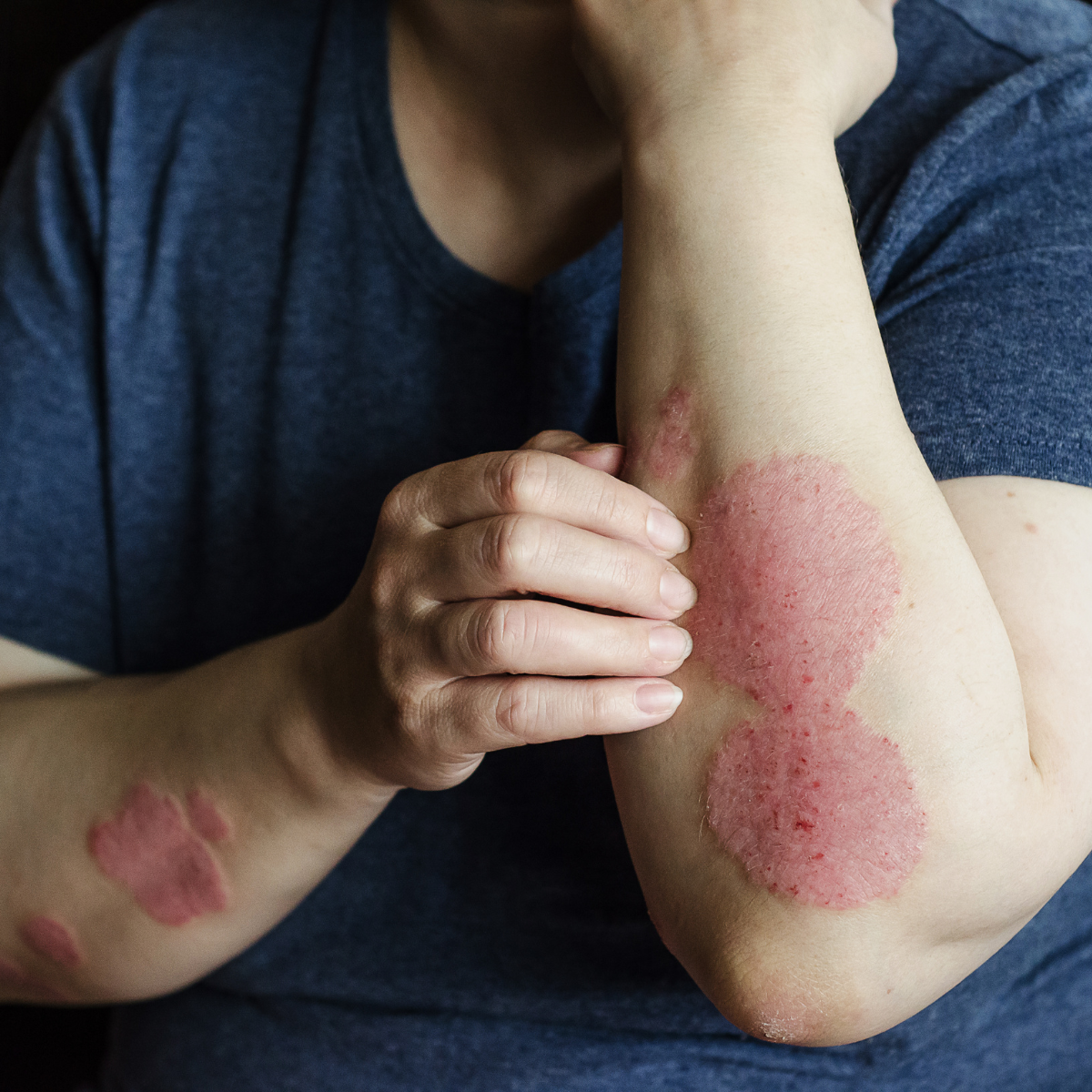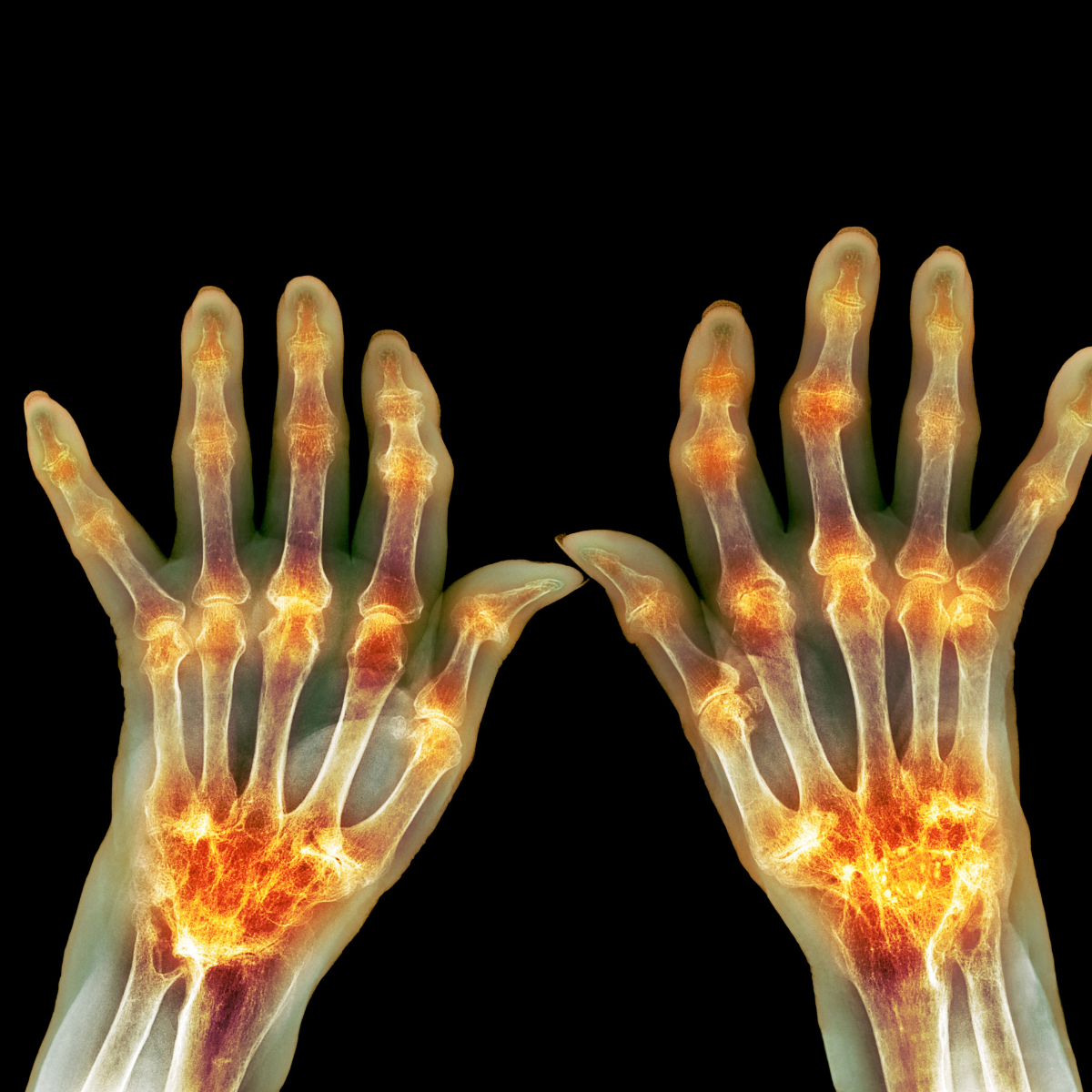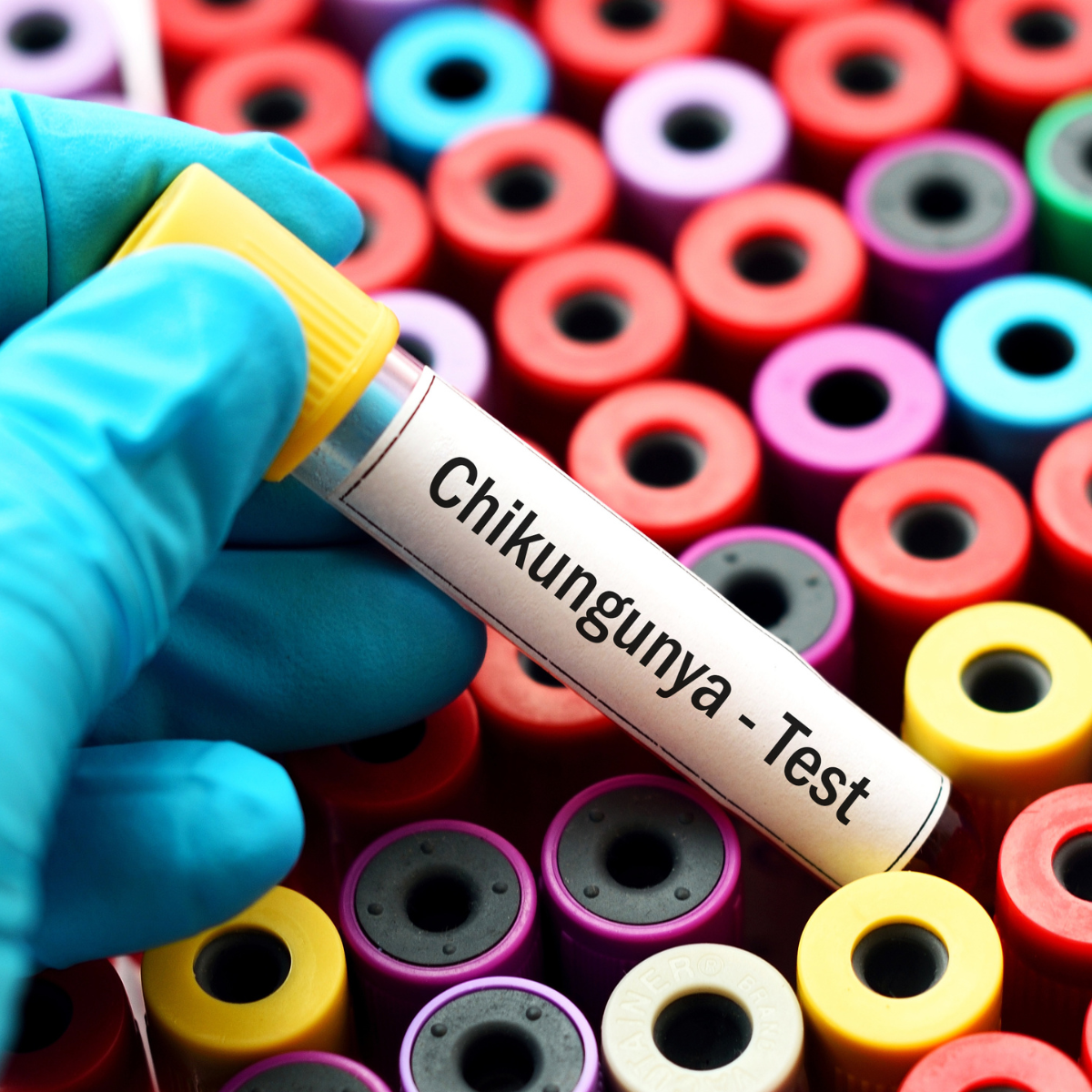
Lupus(SLE)
🌸 What is Lupus (SLE)?
Lupus is a long-term autoimmune disease where your immune system—meant to protect you—attacks healthy parts of your body, like skin, joints, kidneys, brain, heart, or lungs.
It’s called “Systemic” because it can affect the whole body, not just one organ.
🧠 Why Does It Happen?
In Lupus, your immune system gets confused and starts attacking your own cells.
There’s no single cause, but these factors increase your risk:
🔍 Risk Factors:
-
Women of childbearing age (20–45 years) – 9 out of 10 Lupus patients are women
-
Family history of autoimmune disease
-
Infections or medications
-
Stress, hormonal changes
-
Smoking
💬 Common Symptoms (Different for Everyone)
Lupus is called a “master of disguise” because symptoms come and go and look like other diseases.
Symptoms include:
-
Extreme tiredness (fatigue)
-
Painful or swollen joints
-
Skin rashes (especially a butterfly-shaped rash on the face)
-
Fever without infection
-
Hair loss
-
Mouth ulcers
-
Skin sensitivity to sunlight
-
Chest pain or difficulty breathing
-
Kidney or heart issues (in advanced cases)
🔄 Flare-ups and Remission
Like RA, Lupus also has phases:
-
Flare-up = Symptoms get worse suddenly
-
Remission = You feel better and stable
Triggers may include stress, infection, sun exposure, or certain foods.
🧪 Diagnosis
There’s no single test, but your doctor may recommend:
-
Blood tests: ANA, ESR, CRP
-
Urine tests for kidney function
-
Chest X-ray or echocardiogram
-
Skin or kidney biopsy (in severe cases)
Early diagnosis can help protect vital organs.
🥗 Diet & Lifestyle Tips for Lupus
While food doesn’t cure Lupus, it can help reduce flare-ups and inflammation.
🌿 What Helps:
-
Omega-3 fats – Chia seeds, flaxseed, walnuts, fish
-
Antioxidant-rich fruits and veggies – Berries, spinach, carrots, bell peppers
-
Vitamin D – Often low in Lupus patients (take if deficient)
-
Calcium & protein – If on steroids, ensure bone and muscle support
-
Hydration – Especially important for kidney health
🚫 What to Limit:
-
Overly salty foods (may affect kidneys or blood pressure)
-
Highly processed or fried foods
-
Smoking and alcohol
-
Sun exposure – Use SPF and protective clothing
-
Alfalfa sprouts (may trigger flares in some people)
🧘♀️ Movement & Mental Health
-
Do light activity or stretching to maintain joint mobility
-
Rest is crucial – listen to your body
-
Support mental health – Lupus fatigue and brain fog are real
-
Consider yoga, journaling, or therapy during emotional lows
🤝 Final Words of Hope
-
Lupus is not contagious, and many people live well with it
-
Early care, medication, and lifestyle support make a huge difference
-
Track your symptoms and work with a team—doctor, nutritionist, mental health expert
👩⚕️ Need Help Managing Lupus?
Reach out for personalised nutrition and lifestyle guidance
📅Click here to Book your free 30-minute consultation











